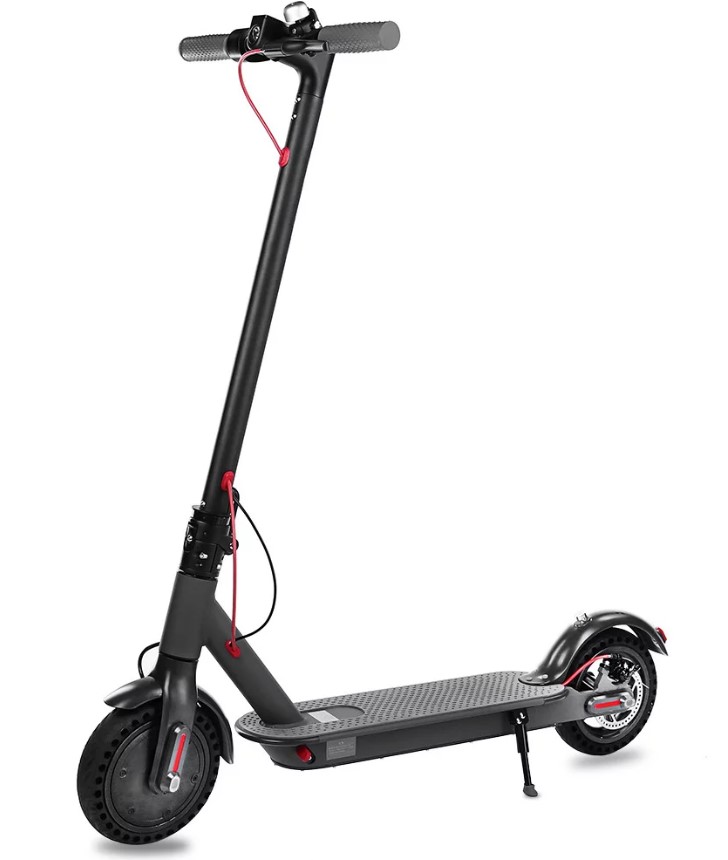Batteries
Recycling Batteries
Many batteries are potentially hazardous if thrown in the trash. Wake Forest University recycles the following types of batteries to comply with federal and state regulations and to keep our environment clean:
- Lead Acid
- NiCad (Nickel-Cadmium)
- Lithium batteries
- Mercury containing batteries
Many offices have battery recycle containers. If yours does not, just call EHS at x3427 to have your battery picked up and recycled.
Non-rechargeable, standard alkaline batteries (AA, AAA, C, D) are not hazardous, and can be placed in regular trash.
Lithium Ion Battery Hazards
Lithium-ion batteries power many products including e-scooters, hoverboards, smart phones, laptops, and power tools.
If not treated properly, lithium-ion batteries can overheat, resulting in intense fires. Damaged, defective, or uncertified batteries have a greater risk of causing fires or explosions.

Purchasing Lithium Ion Batteries
Products that are well engineered, and are well-tested are safer products. Avoid “low price, low quality” options.
Safety marks from nationally recognized certification laboratories, such as Underwriters Laboratory mean a product has been certified to meet safety, quality standards.
Look for safety marks on product packaging, the product itself or within product details when shopping online.

Preventing Lithium Ion Battery Fires
Follow manufacturers’ instructions: Always charge, store, and use your devices according to the manufacturer’s instructions. Do not disassemble or modify your device’s battery in any way. This significantly increases the risk of explosion.
Only use the charger that came with your device: If you need to buy a new charger, make sure the replacement is approved by the device manufacturer. Don’t replace batteries and chargers with components unless they are specifically designed and approved for your device. Just because a charger fits in your device doesn’t mean that it is safe.
Never leave any lithium-ion powered devices unattended while charging. Unattended charging can increase the chance of overcharging resulting in overheating, fires and explosion. Never leave devices charging while
sleeping and always remove devices and batteries once they are fully charged.
